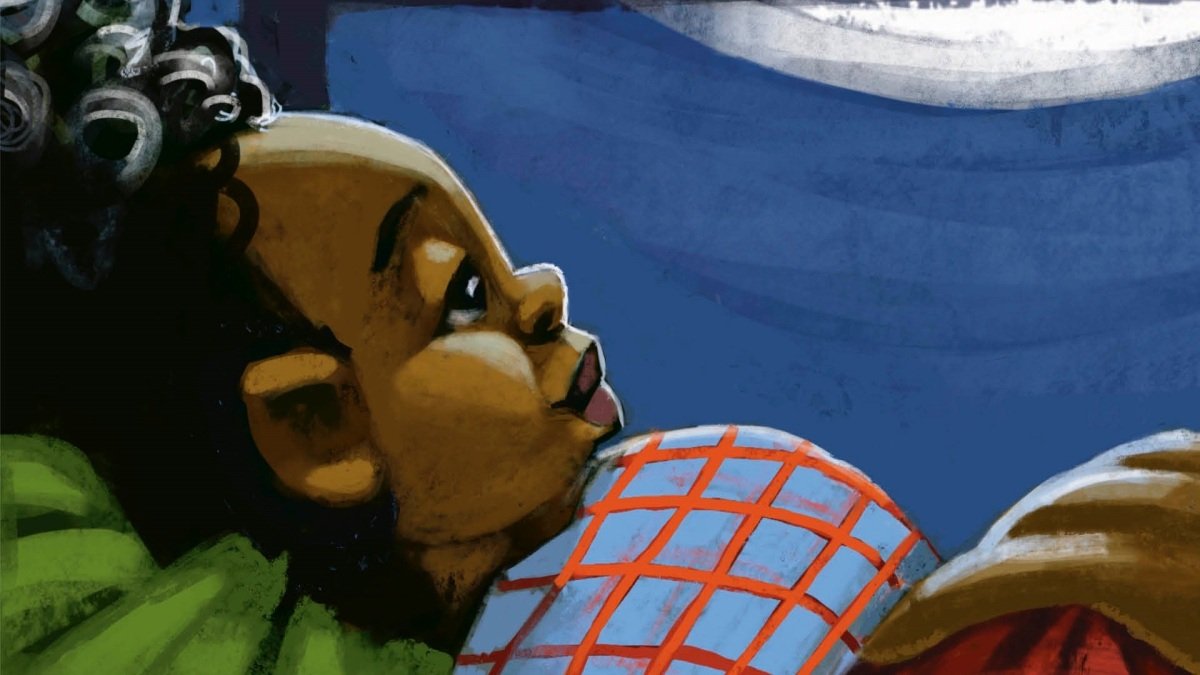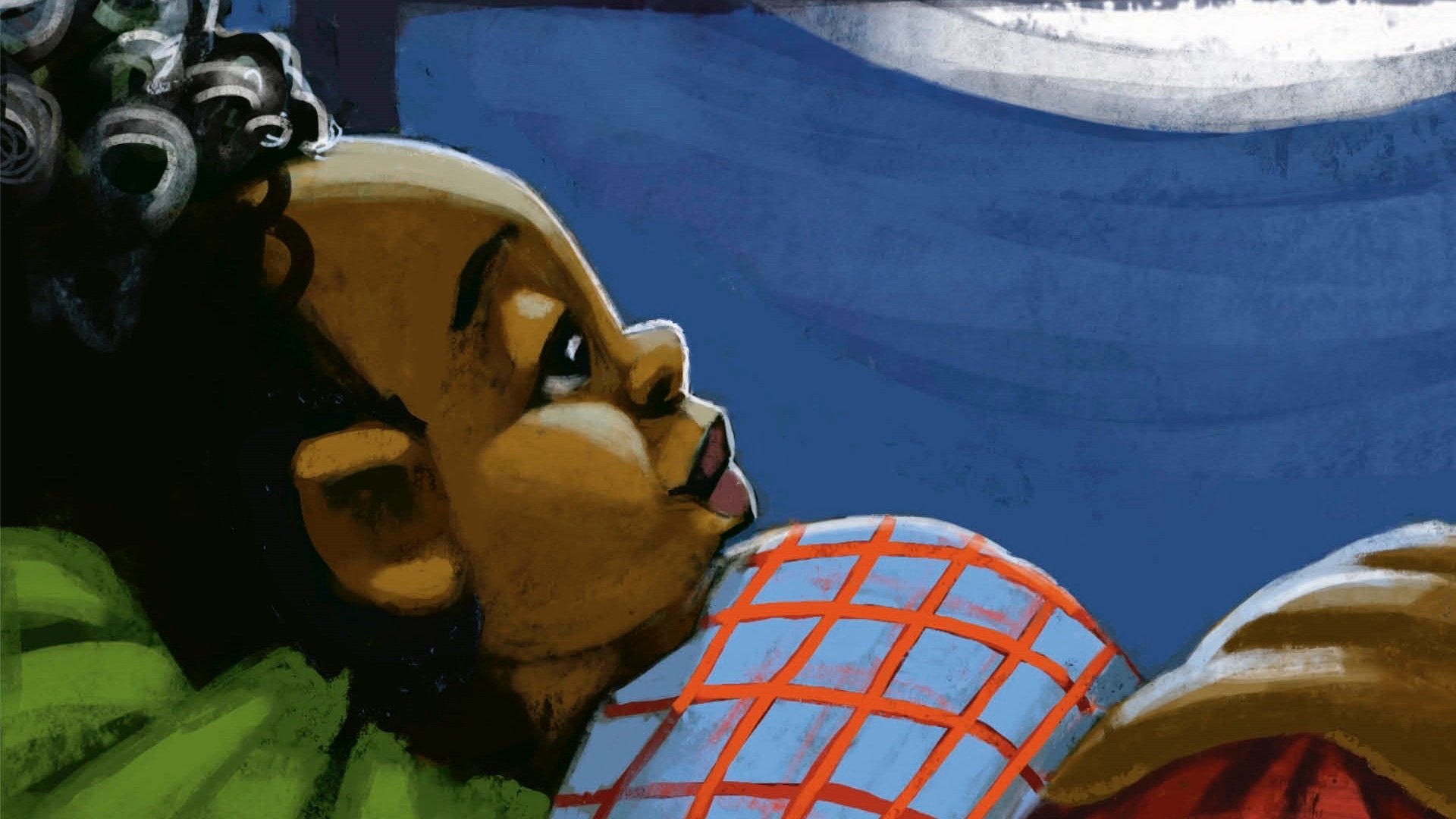
Every year as a country we take a day in the month of January to pay homage to a dreamer, a man who had a dream of what this country could be if unburdened by what it was. In the same vein, Ibram Kendi in his new children’s book, Goodnight Racism, invites our children to dream like Dr. Martin Luther King, Jr. about a world that, frankly, should be the reality that all parents are working toward.
I know I have been. For the past decade, as a city council member, mayor, and now as an advocate, I’ve been working to create equal opportunity and to end structural violence. I launched the country’s first mayoral-led basic income program while mayor of Stockton, Calif., and now lead a coalition of 80 mayors doing the same with Mayors for a Guaranteed Income, a nonprofit organization trying to make King’s dream of guaranteed income a reality in America. I am also the founder of End Poverty in California, an organization focused on changing the narrative around poverty to enact policies to eliminate poverty in the Golden State. As a Black father with Black children, Goodnight Racism resonated with my aspirations for a society worthy of my precious children.
When the book’s child protagonist goes to sleep, Kendi reminds us that the moon, the elements, the universe, and indeed the Creator, have the same desires for all of us: for every child to be safe, fed, loved, to reach their full potential. Under the cover of night, the child is able to conceptualize a brighter day, one that brings peace to the nightmare that many experience living in a country with pervasive poverty, inequality, and violence.
The power of the dream, and the hope it inspires, allow us to finally say goodbye to racism, goodbye to inequality, and goodbye to neglect—provided that when the child awakens, grownups join her in the work of creating the world we all deserve to live in. And there are none more deserving than our children.
Yet the timing of this book is almost antithetical to the child’s dream. The racial wealth gap between Black and white Americans hasn’t budged since 1964; COVID-19 ravaged communities of color, and women of color in particular; Black people are being murdered by white supremacist terrorists while grocery shopping; children are being murdered while going to school; the Child Tax Credit, a lifeline for meeting the material needs of children, wasn’t renewed after Congressional Republicans (and Democratic Senator Joe Manchin) blocked it; voting rights and the rights of LGBTQIA youth and children are under attack in states with Republican leadership; and books like Goodnight Racism, which acknowledge race and injustice, are being banned in states across the country.
Kendi knows this well, given his extensive scholarship on the ways in which difference and racism have literally been stamped into the fabric of this country from the beginning. As a historian, he also knows the complex reality of times like these, when it’s easy to fall into nihilism but alternately feel the urgency to fight for justice. The moment we’re in clearly necessitates new visions and imagining of what we can be. We must dream of something better, if not for ourselves, then for our children. They are the anchors of our dreams, the manifestation of what can be born even in the most harrowing conditions.
When I read Goodnight Racism to my 2-and-a-half-year-old son, his first words were, “Daddy, she sleep,” pointing excitedly to the main protagonist. Even at his age, he recognizes sleep and rest as necessary and universal: I sleep, she sleeps, we all sleep, because indeed we are all human and have the same basic needs.
“While reading with my son, nothing that was dreamed of seemed radical or even puzzling to him.”
Goodnight Racism is written with children in mind, but it’s also a great example to adults about what is lost amidst the exhaustion of living in a time of great division and economic insecurity. While reading with my son, nothing that was dreamed of seemed radical or even puzzling to him. I asked him, “Should everyone have food?” He looked at me like that was a dumb question, clapped his hands and said, “Yes!”
“Should everyone be loved?” I continued. “Yes Daddy!” he asserted.
The most enduring part of Kendi’s legacy may not be in the minds he’s opened with Stamped from the Beginning or the playbook he’s given adults and parents with How to Be an Antiracist and Antiracist Baby, but in his work speaking to the youngest among us, in allowing children to hold firm the lessons of love and equality that seem so obvious and apparent to them, as they did to my son. In continuing to speak with and to children, Kendi is doing powerful counternarrative work and reminding our babies that their worldview and thinking is rational, even if the world’s dysfunction is not.
As we reached the conclusion, my son was reminded of one of his favorite books, Goodnight Moon, and eagerly joined in saying, “Goodnight!” to injustice and racism. The dream of the author wasn’t yet “a dream” to my son. Rather, it’s his current understanding of the world we live in—that we are true to the ideals we put on paper, and to the lessons my wife and I teach him. His reaction to the book was a reminder of why the work his mother and I do, and our friends and allies do, is so important. I don’t want him to wake up to a nightmarish reality. I want him to live a dream wide awake.
Michael Tubbs is the author of The Deeper The Roots: A Memoir of Hope and Home and the founder of End Poverty in California and Mayors For A Guaranteed Income.
Disclosure note: Kendi provided a blurb for my book, The Deeper The Roots: A Memoir of Hope and Home.












